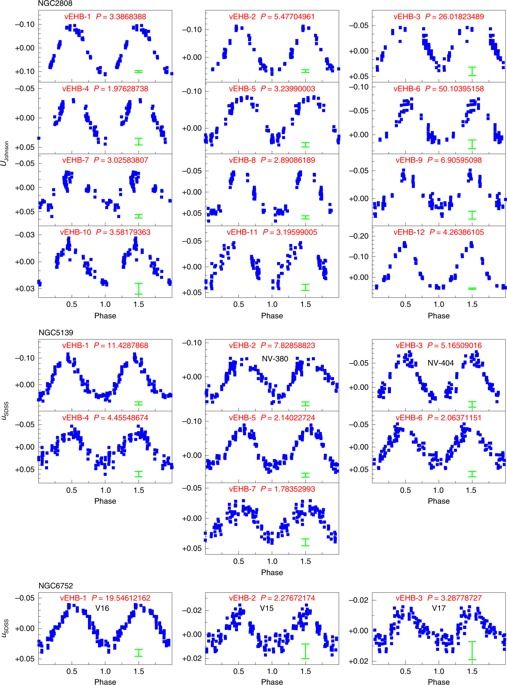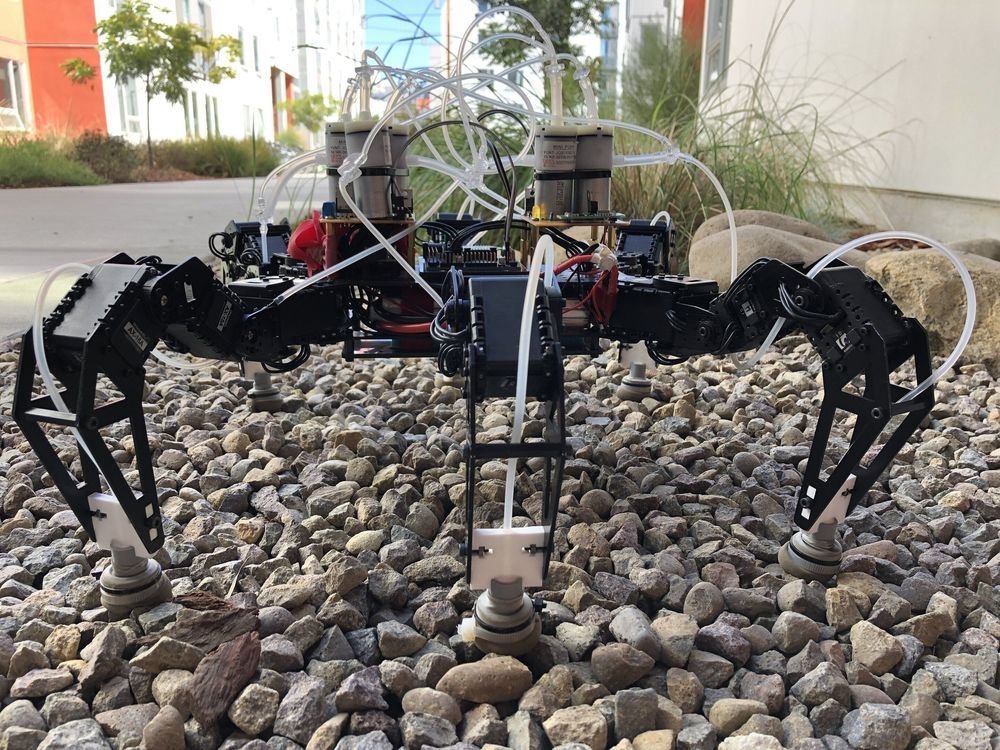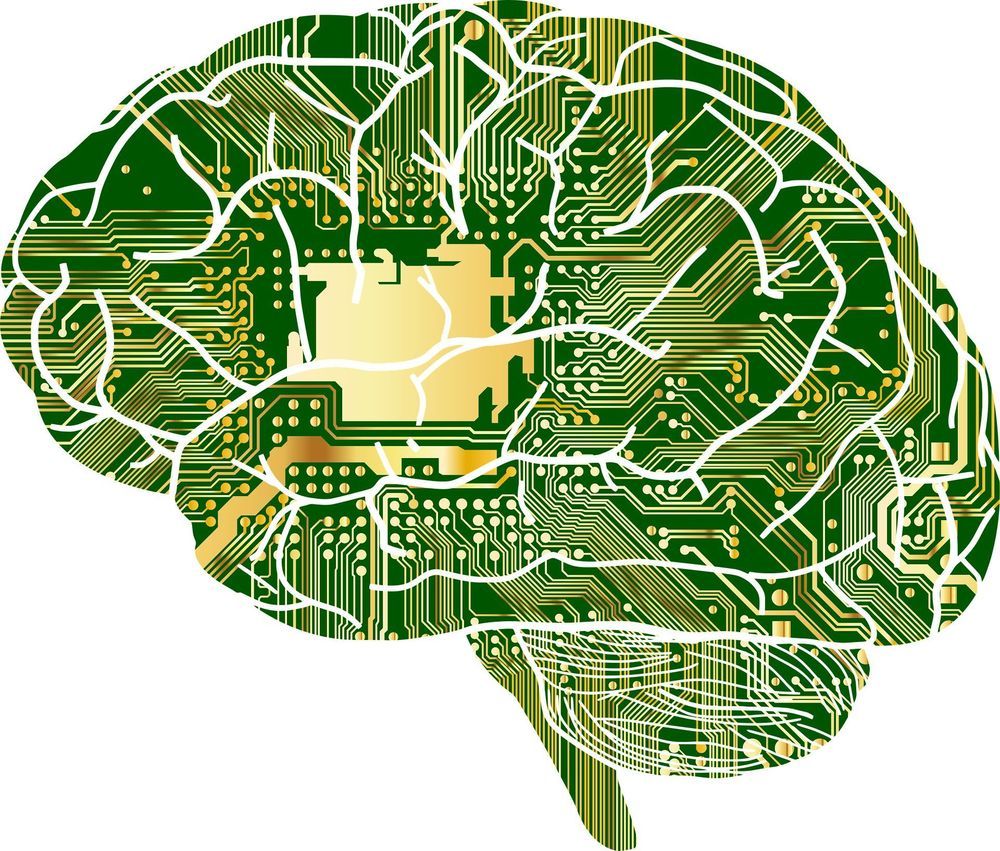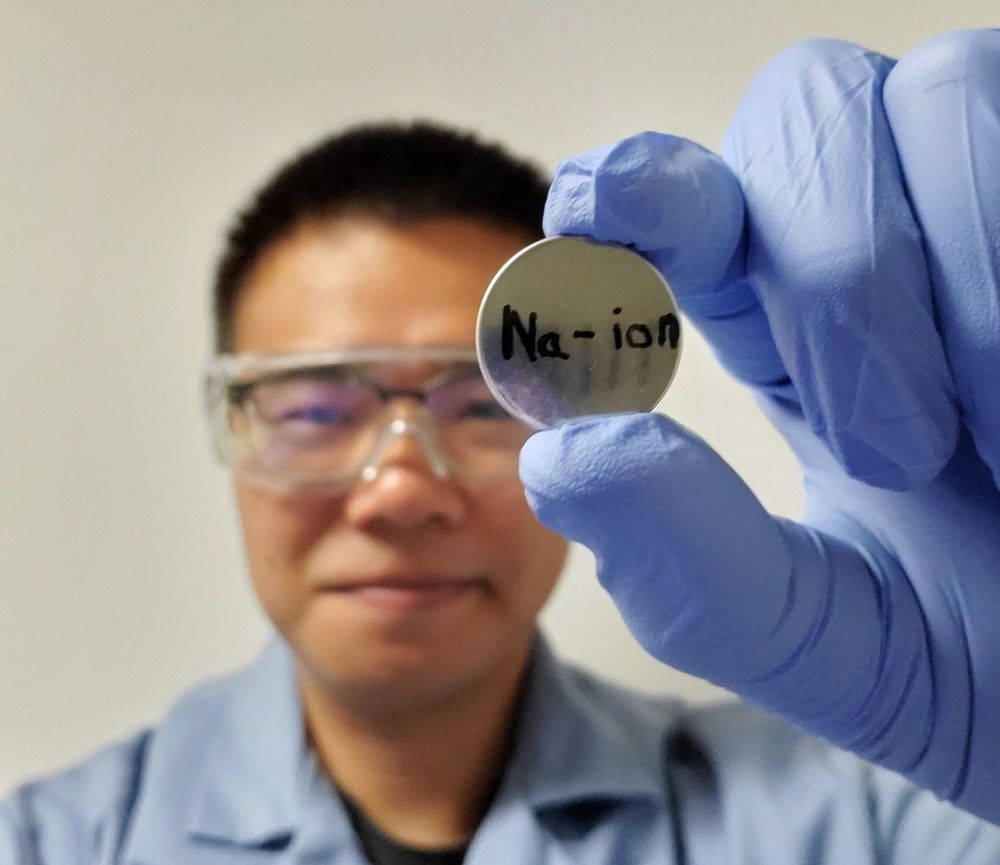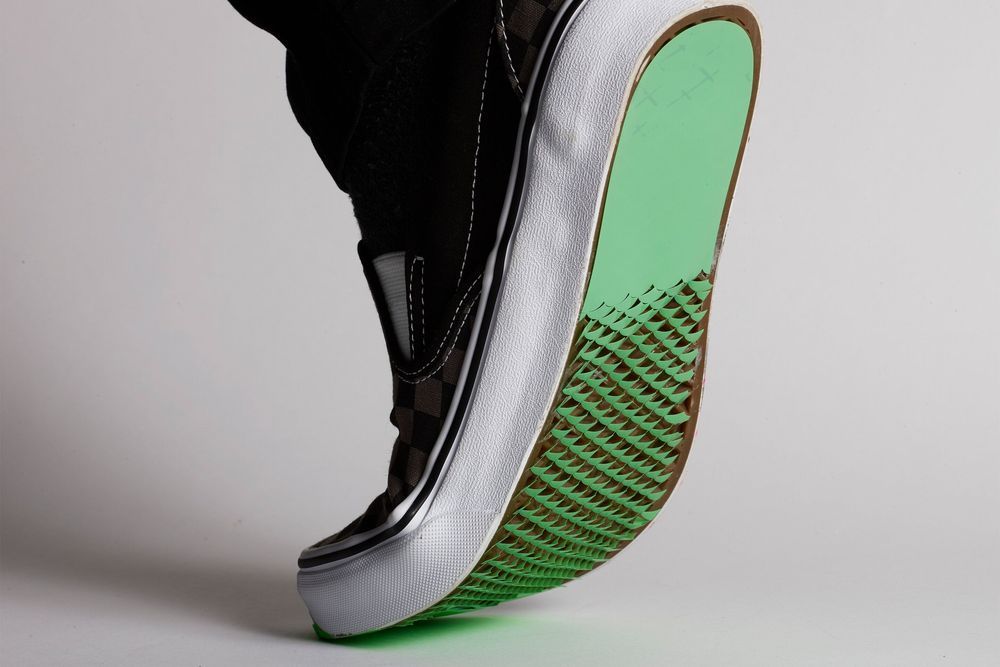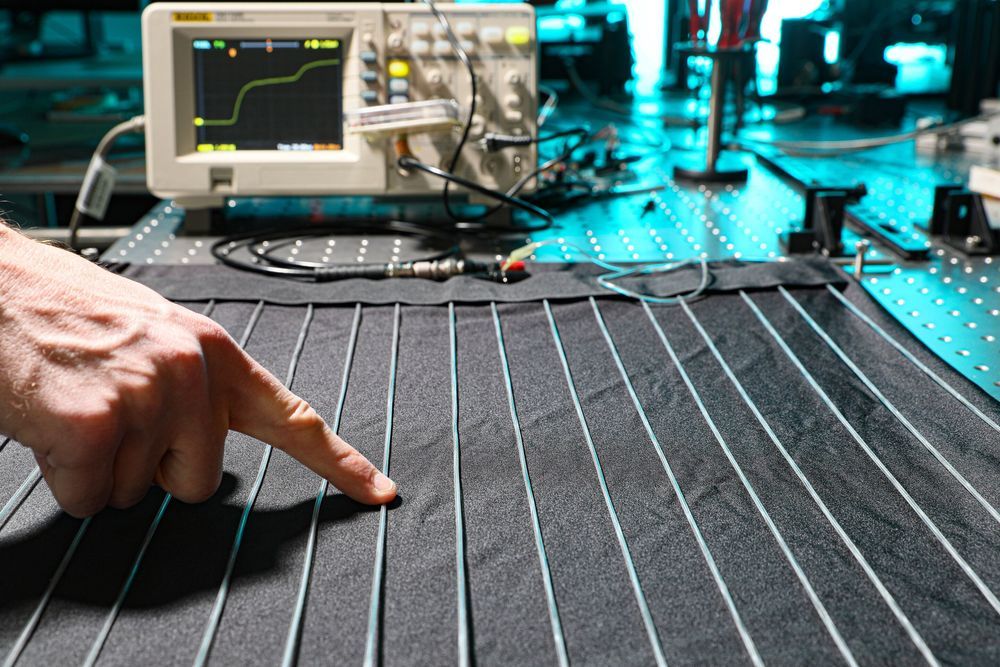Skateboarding legend Rodney Mullen teams up with Physics Girl to explain the unusual physics behind skateboard tricks. Filmed with a phantom high speed camera at 1000fps, see Mullen’s tricks like never before.
If you liked this video check out these:
How SMOOTHNESS of a SOCCER BALL affects curve!
Crazy tic tac bounce!?
Created by: dianna cowern editing: jabril ashe animations: kyle norby props: kyle kitzmiller science advisor: dan walsh
Check out Beyond Slow Motion:
https://www.youtube.com/beyondslowmotion
and Kuma Films:
https://www.youtube.com/channel/UC497r18hyShx1ffsYcgK_kg
A million thanks to Rodney Mullen!
https://www.instagram.com/rodneymullen/?hl=en
Thanks to Kyle Kitzmiller

